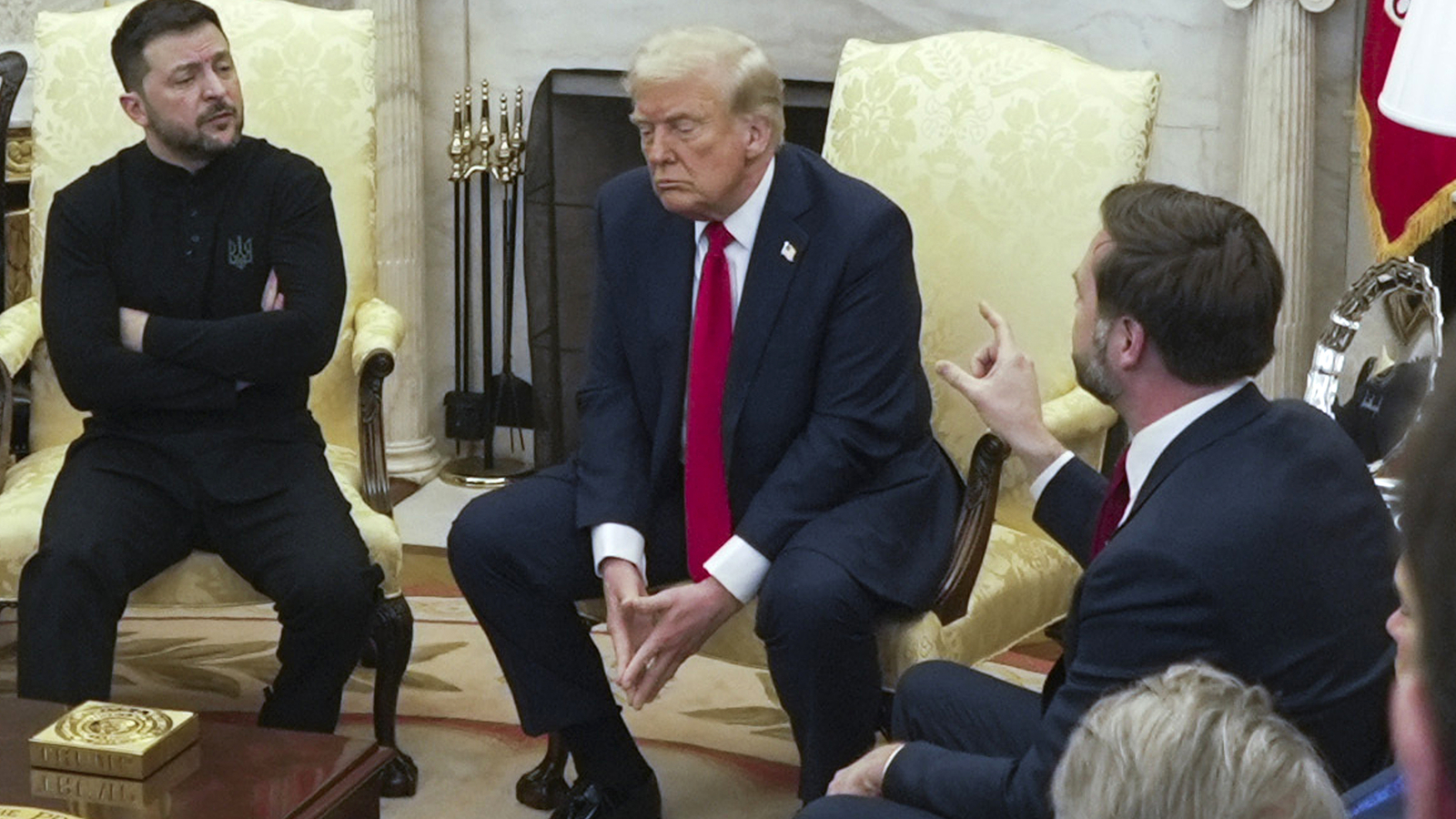"Alpha Male": Trump’s Body Language in White House Showdown with Zelensky, Decoded by Expert
Trump vs. Zelensky: Expert Dissects Oval Office Clash
The recent heated exchange between former President Donald Trump and Ukrainian President Volodymyr Zelensky in the Oval Office has sent shockwaves around the world. Body language expert Judi James breaks down the intense confrontation, revealing the hidden dynamics at play and the tactics employed by the two leaders.
Trump: The "Alpha Male" Asserting Dominance
James analyzes Trump’s body language, noting his frequent use of a raised index finger, an authoritative gesture that signaled an attempt to command the situation. However, she points out that this aggressive posture failed to de-escalate the argument.
Trump’s behavior was characterized by "aggressive arousal," a display of dominance and control, as he presented himself as the "alpha male" in the room. This assertive stance was further reinforced by his firm, controlling tone, which left little room for compromise or negotiation.
Vice President JD Vance: The "Wingman" Stepping into the Fray
According to James, Vice President JD Vance played the role of a "wingman," entering the argument to momentarily shift the dynamics and allow Trump to reassert his dominance. This calculated move echoed the classic domino effect often seen in dominance hierarchies, where secondary figures engage in conflict to ultimately serve the leader.
Zelensky’s Defiance and Disengagement
Despite Trump’s efforts to control the conversation, Zelensky remained resolute, presenting images of Ukraine’s war-torn regions and defending his gratitude toward the American people. He stood firm, unswayed by Trump’s outbursts, as seen in the emotional responses from Ukraine’s ambassador to the U.S., Oksana Markarova.
James notes that Zelensky displayed "relentless energy" and, following Vance’s intervention, showed "total disengagement signals," appearing disinterested in further debate with the Vice President.
The Consequences of the Showdown
After the meeting, Trump announced that he had asked Zelensky to leave, and the Ukrainian leader took to Fox News to respond. Trump claimed on Truth Social that Zelensky was "not ready for peace if America is involved," and that he was seeking an advantage in negotiations rather than genuine resolution.
Zelensky, however, remained steadfast, reaffirming Ukraine’s gratitude for American support and refusing to apologize, stating, "I don’t know if we did something bad," emphasizing his desire for Trump to "be more on our side" in countering Russian aggression.
Conclusion
The "Alpha Male" showdown between Trump and Zelensky in the Oval Office served as a poignant display of power dynamics, with both leaders employing different tactics to assert their dominance. While Trump’s aggressive arousal and attempts to command the situation were ultimately unsuccessful, Zelensky’s resilience and determination prevailed, leaving us with a thought-provoking insight into the world of high-stakes negotiations and international diplomacy.
Questions:
What role does body language play in high-pressure situations like the Trump-Zelensky showdown? How do leaders use various tactics to assert their dominance, and what are the consequences of these power struggles? What does this intense exchange reveal about the complex dynamics at play in international diplomacy?

Live News Daily is a trusted name in the digital news space, delivering accurate, timely, and in-depth reporting on a wide range of topics.
